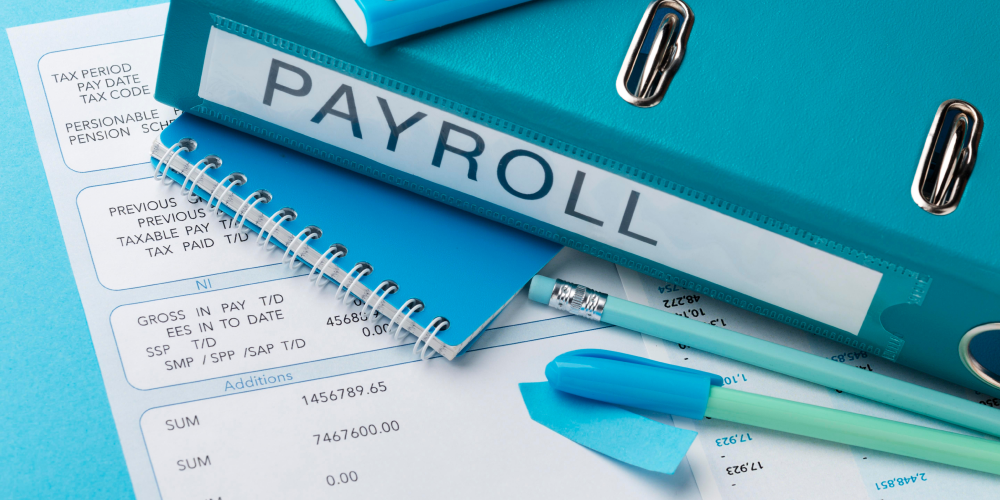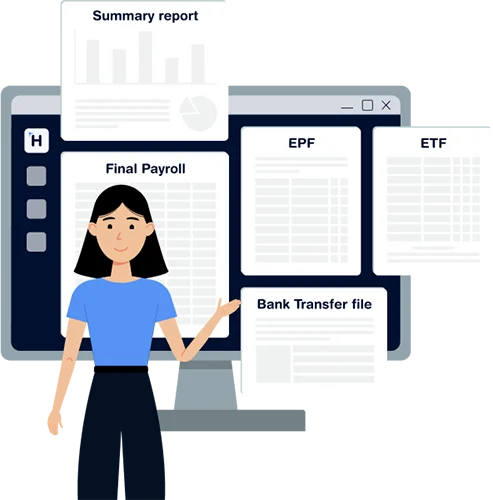Casual Leave
This is the type of leave you are eligible to use from the first year you enter the working world. Apart from the public holidays, weekly holidays and Poya days, casual leaves are the first leave type you get, that you can redeem at your own discretion. Casual leaves are also fully remunerated holidays.
“In respect of each year of employment during which any person has been continuously in employment in or about the business of any shop or office, that person shall, subject to the provisions of subsection (4) and to such conditions as may be prescribed, be entitled to take on account of private business, ill health or other reasonable cause, leave with full remuneration for a period or an aggregate of periods not exceeding seven days, and the employer shall allow such leave and be liable to pay such remuneration” (Shop and Office Act, section 3)
“(a) The leave to which a person is entitled under subsection (3) in respect of the first year of his employment may be taken in that year and shall be computed on the basis of one day for each complete period of two months’ service.
(b) The leave to which a person is entitled under subsection (3) in respect of the second or any subsequent year of his employment may be taken in such year of employment.” (Shop and Office Act, section 4)
For a newly joined employee, one day of casual leave is awarded for every two months of service (this can also translate to one half day holiday for every month of service). This doesn’t mean that since one casual leave every two months is equal to 7 casual leaves for a year, a newly joined employee can take 7 casual leaves from the first month of service. Rather, they must ensure they have worked two months before they can claim their causal leave. However, if they haven’t used their causal leaves after each two-month period, their casual leave balance will keep accumulating as the months pass. That casual leave balance will be redeemable anytime within that year
If you are an employee who is in their second year of employment with your employer, then you are awarded 7 casual leaves, redeemable on any day of the year. You can take causal leaves in aggregation or individually.
Unlike annual leave, the casual leaves you receive for the year are redeemable within that year itself.
The act also speaks about having reasonable cause for a casual leave request. Employees are entitled to take their casual leave for private business, ill health or any other reasonable cause. This hints at the need to communicate the reason for your leave with your employer. Although it is a much-debated topic around the world whether it is ethical for the employer to request a reason for a leave, this is viewed as general practice by most employers in Sri Lanka. Although some have adopted these progressive practices and allow their employees to withhold the reason if it is private.
If you take approved casual leaves, they are considered as normal worked days and will not be considered as an absence or as a break in the continuity of service.
In conclusion, casual leave is a vital aspect of employment that allows individuals to take time off for personal reasons while still being remunerated. It serves as a valuable benefit for employees, especially those in their early years of work, providing flexibility and balance between work and personal life. The guidelines outlined ensure fairness and accountability, with provisions for accumulating leave balances and specifying reasonable causes for leave requests. While the practice of disclosing reasons for leave may vary, the overall intent is to maintain transparency and mutual understanding between employers and employees. Ultimately, casual leave contributes to a healthier and more productive work environment by acknowledging the importance of well-being alongside professional responsibilities.



